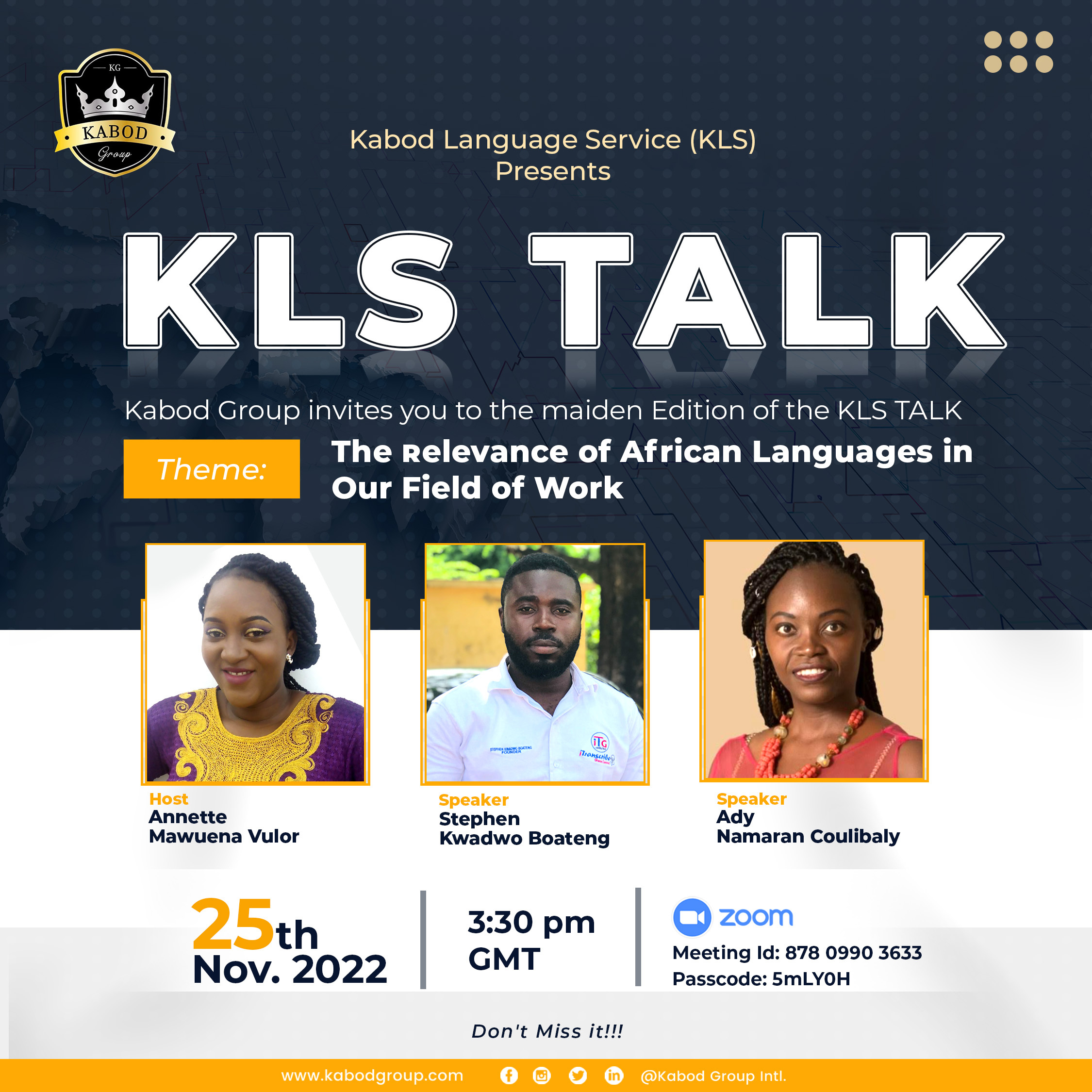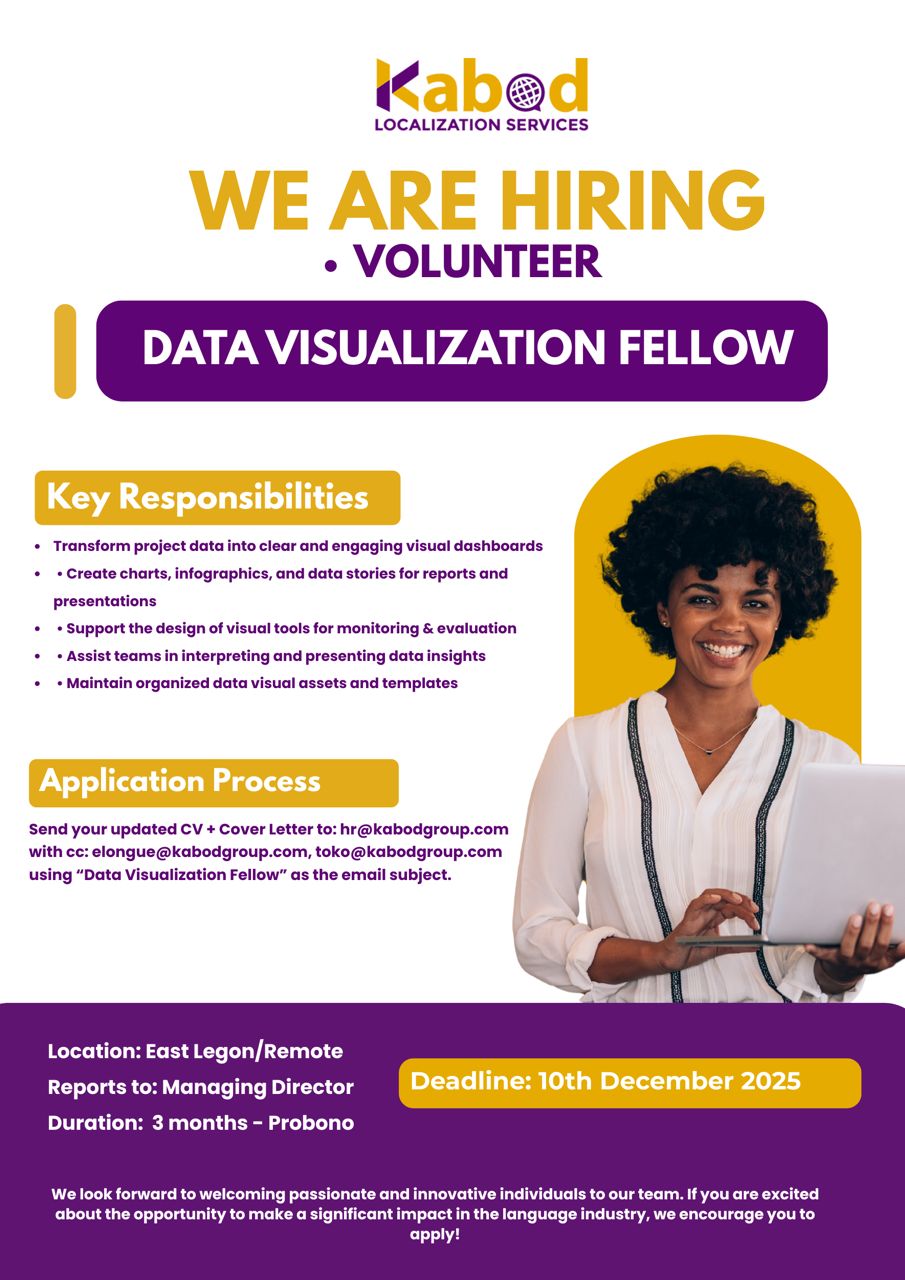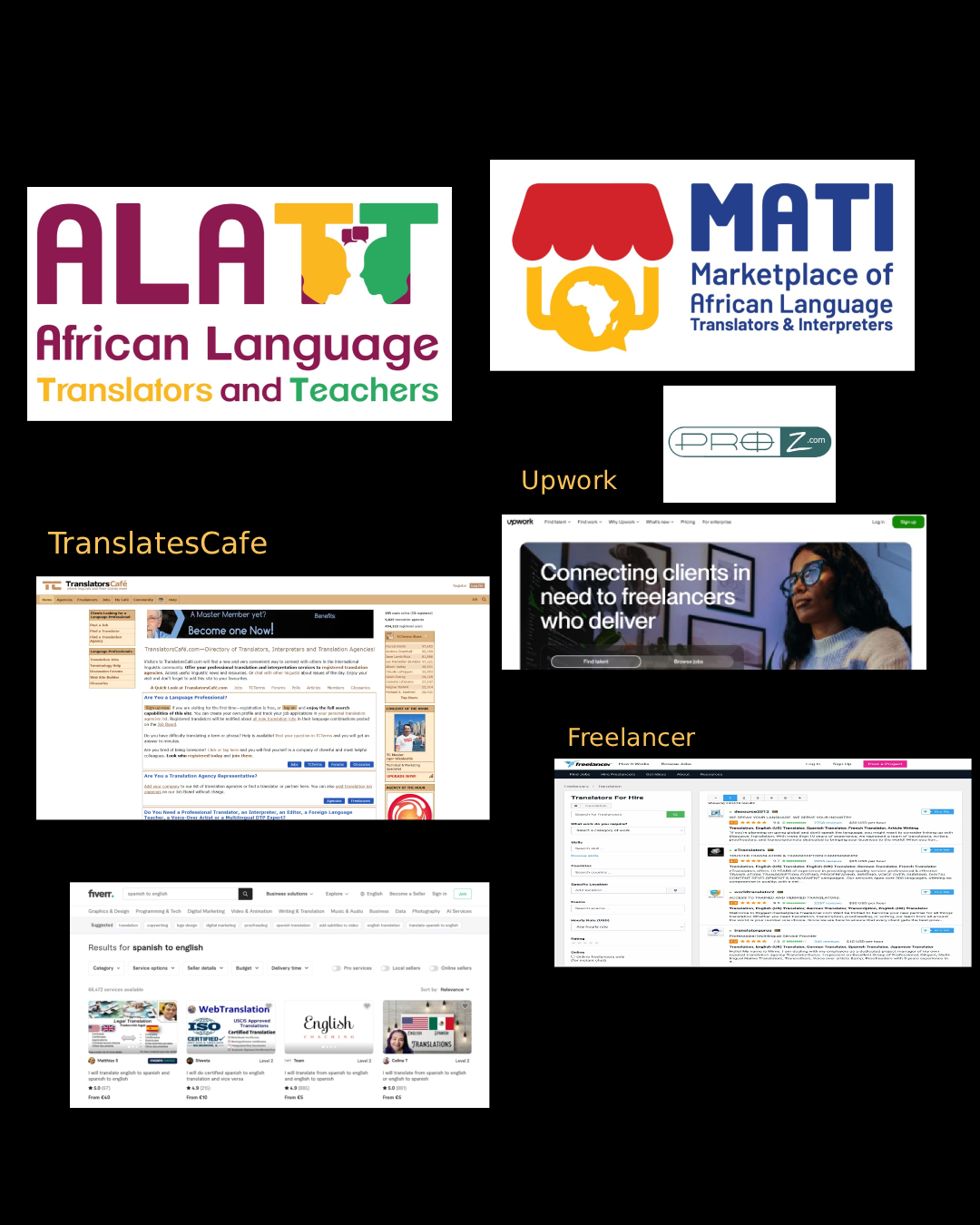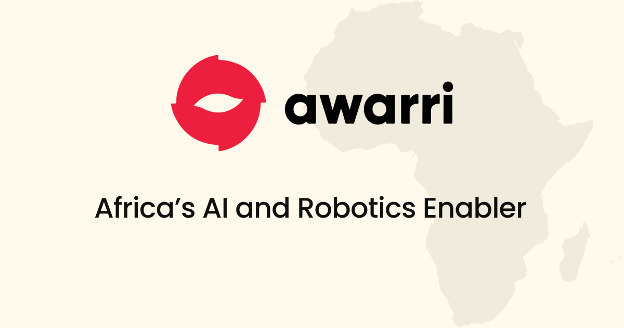On November 25th, 2022, Kabod Language Services organised its first Talk on the theme ‘The relevance of African Languages in our field of work’. Panellists were: Ms Ady Namaran Coulibaly, Co-Founder and Operations Manager of Bolingo and Mr Stephen Kwadwo Boateng, founder of iTranscribe Consult.
The talk debuted with an open discussion on how to make African Languages more prominently used in our offices, homes, institutions and various sectors. During discussions, Dr George Ayee, CEO of Transformation4Change, was of the view that the multiplicity of local languages in Ghana made it difficult to have one adopted as the official language. Every language has great potential and the task of adopting one as an official language might be difficult but not unattainable. Policymakers will be needed in this process, as highlighted by Ms Ady, as they would act speedily without the strategic advocacy efforts of language professionals.
From these discussions, five ways to increase the use of African languages in business are as follows:
- Make African languages a recruitment requirement within local companies. People won’t seek to learn a language without a strong motivation or benefits attached to it. This would require boldness from business owners and industry leaders. But this can’t be possible without a national language policy that encourages the official use of local languages. For example, Zimbabwe, South Africa, Uganda and Kenya adopted one of their local languages as an official language and promoted them across the world.
- Market your local language by using it more often, especially in public. Be proud and not afraid of using it in open spaces. Ms Ady shared that, for us, language professionals to get contracts, we must encourage more and more people and content creators to use African languages, as this is the best way to create jobs for us to do.
- Freelance translators and interpreters, as well as language service providers from Africa need to be more professional and work more collaboratively through stronger networks. You must not think that being a native speaker of a language makes you automatically an expert in that language. Speaking and writing are two fields where only those with specialised experience can deliver excellently and consistently. There are many poor translation services provided by native speakers who have not been trained in the art of translation. In this regard, the panellist Mr Stephen, suggested the need of setting a benchmark for language service provision in Africa while Ms Ady encouraged existing translators to improve their use of Computer Assisted Translation tools. Even though some of these CAT tools are very expensive, translators must be willing to pay the price to increase quality delivery. She also expressed concerns about the lack of unity and collaborative efforts from african language professionals, especially those from West Africa, most not being able to build strong and effective networks or associations where strong standards and practices can be promoted and enforced across the language industry in Africa, for the greater benefit of all.
- Make the learning of African languages easy, affordable and accessible. In Ghana, there are few institutions where one can learn local languages in a structured and professional setting. While many schools offer international languages classes, with French being the most common, surprisingly very few of them offer courses in popular local languages such as Twi, Asante Twi or Fante. To learn these languages, you are probably best to seek out a native speaker willing to teach you or reach out to language institutions such as Alliance Française, the Twi Learning Centre (TLC), the ACE School of Languages and Goethe Institute (German and Twi language classes).
- Create more online education and learning resources to ease the understanding, and increase awareness and use of African languages.
Feedbacks from the audience
Out of the many interactions that happened after the presentations, let’s highlight that of Mr Aliou Ball, who suggested that the documents of every field of study be translated into our various African languages so as to facilitate the use of our local languages in schools and institutions. He urged policymakers to get involved in ensuring this happens.
In a nutshell, the KLS Talk was great and successful. We hope you take the highlighted concerns into consideration and humbly request you take the necessary action and remedy this problem.
We invite you to join the network of African Languages Translators and Teachers (ALATT) on LinkedIn where ideas and opportunities are shared among African language professionals.





